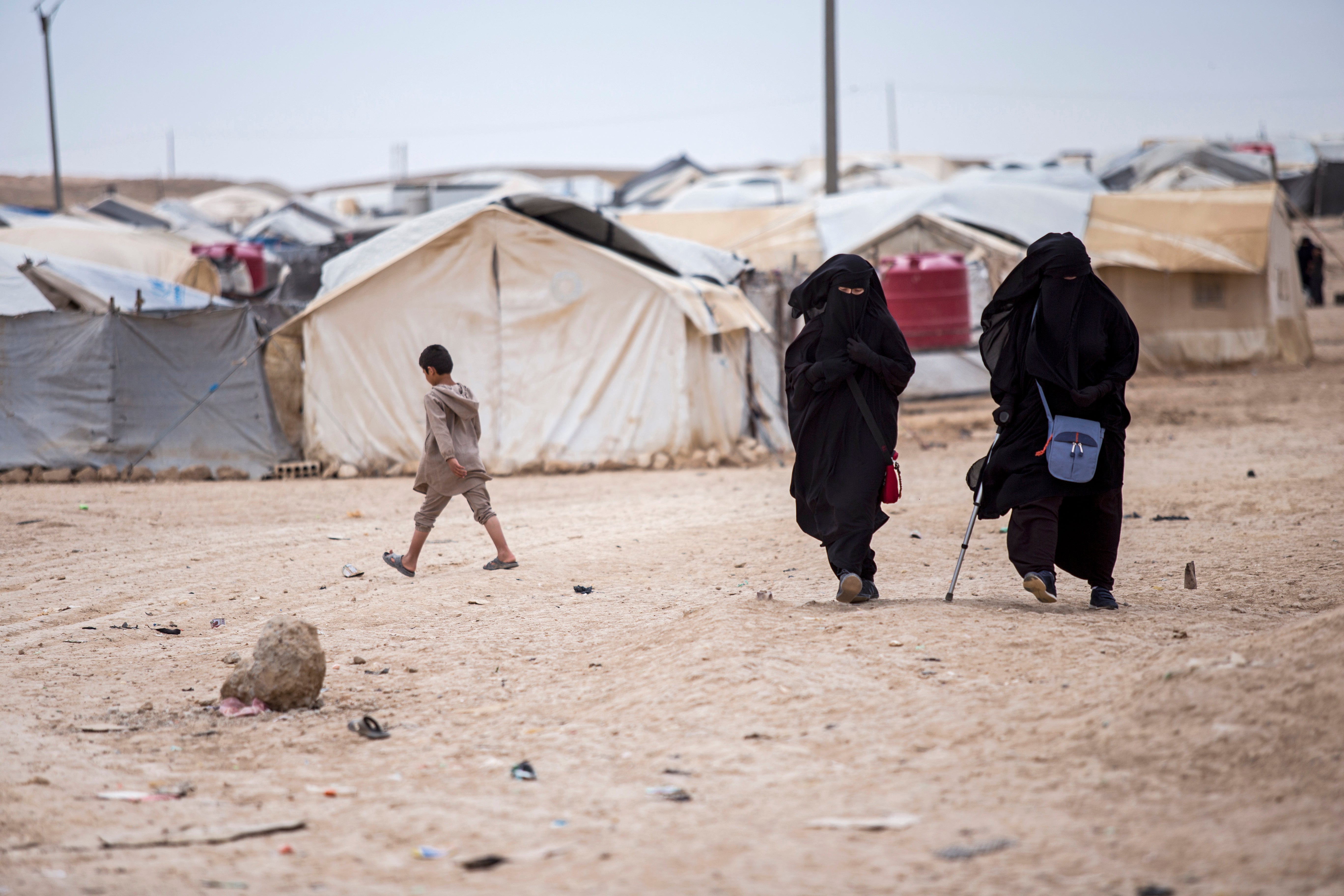Spain to repatriate wives and children of Islamic State fighters
At least three women and 13 children will be repatriated

Spain has decided to bring back several Spanish wives, widows and children of Islamic State fighters from detention camps in northeastern Syria, the government said on Monday.
Thousands of foreigners including women and children had gone to Syria to live in the Islamic State’s caliphate until 2019, when US-backed Kurdish forces took the last pocket of Syrian territory from the jihadists.
Fleeing women and children were housed in overcrowded detention camps run by Kurdish authorities and international charities, who had pushed for repatriations due to rising violence and dire conditions in the camps.
The source said Spain planned to repatriate before the end of the year at least three women who had asked to return to their homeland and 13 children.
The women could face prosecution in Spain, while the children’s situation will be studied on a case-by-case basis depending on their age, the source said.
Repatriations have hit a record high in 2022, but more than 10,000 foreign women and children remain in the Al-Hol and Roj camps, Kurdish authorities have said.
Join our commenting forum
Join thought-provoking conversations, follow other Independent readers and see their replies
Comments
Bookmark popover
Removed from bookmarks